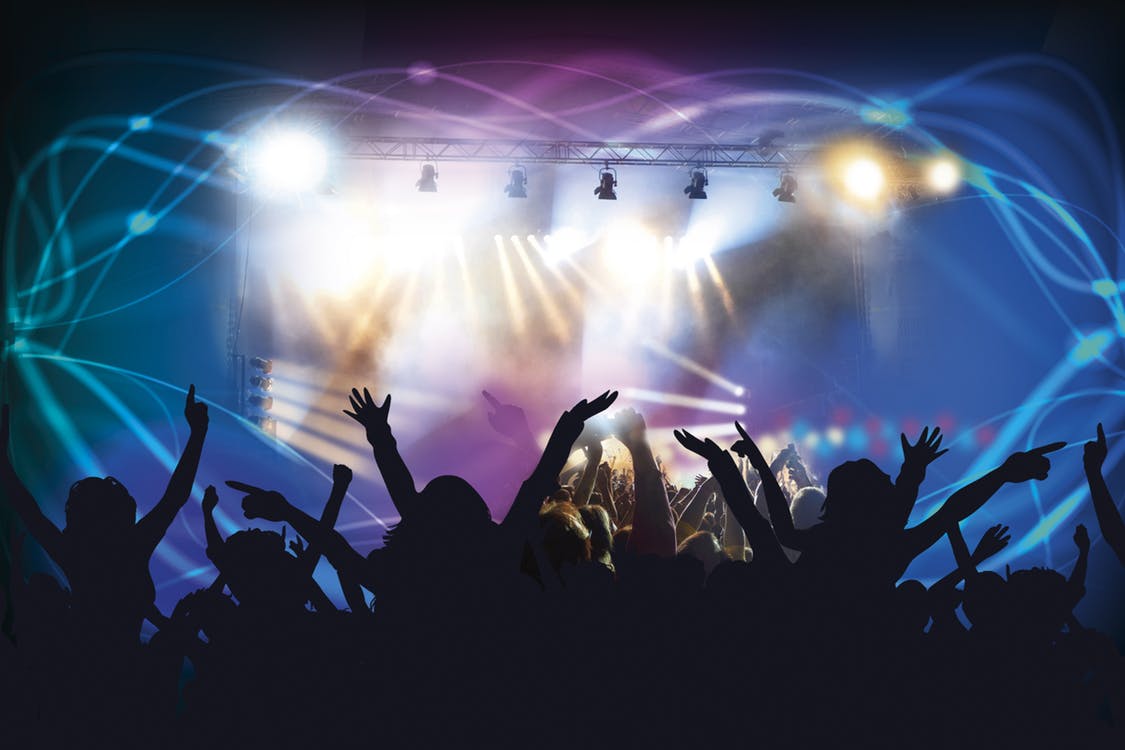Angelica Babiera | Arts Editor
Featured image: What we need is more empowerment and the truth about the socio-political issues pinned on blacks in America and the rest of the world. | Courtesy of Pexels
When you listen to Kanye West or Jay Z, or any rapper for that matter, listeners always hear a prominent theme in their respective songs: men should be the misogynistic materialists, while women are often sexualized into nothing but objects.
At the same time, in most hip-hop music videos, there’s always the rapper rapping their songs with 10 girls with big butts in the background dancing provocatively. Lil Wayne best described this theme in his song “Love Me” by rapping: “And all she eat is dick/ She’s on a strict diet/ That’s my baby.”
Don’t get me wrong, I love hip-hop. It’s my go-to genre because it always puts me in a good mood and hypes me up whenever I need it.
However, hip-hop is also very controversial. It conveys many demeaning themes and meanings that could easily affect people. Yet what gives hip-hop music so much more influence in mainstream media is its portrayal of black culture and black people.
Hip-hop is is a genre that conveys more stereotypes among a certain race than any other. Think about it: there are rappers that often say the n-word when it isn’t necessary, music videos often convey black men only wanting to have sex and money, while black women are sexualized.
I don’t see a lot of white women prancing around in a hip-hop video. In fact, it’s often black or light-skinned women that are disrespected in hip-hop.
There’s also the image that hip-hop artists often convey to the public in the way they dress and act, promoting the ideas of these artists (who are mostly made up of blacks) as “ghetto,” criminals, aggressive thugs, and drug dealers who only come up from the hood.
When people hear and see this, obviously they react to it: most of this is positive, making people believe that it is okay to degrade women, especially black people and those who are light-skinned, or saying the n-word, or believing in the stereotypes that people of colour are all about drugs and violence.
“Rap can be seen as aggressive and loud, which could make others see blacks in a similar fashion,” Emmanuel Shakur, a third year Sociology major says.
“Some rappers may rap about drugs, violence and the street or a lifestyle that not many blacks can relate to, but listeners may think is the norm with black people.”
Having the kind of power that hip-hop music holds can be dangerous, especially when dealing with worldwide recognition. When people all over the world listen to the genre and the kinds of diction it often uses, many may assume the stereotype is correct, creating a very wrong and misinformed image about blacks.
This can create a lot more hate and anger than there needs to be.
Yet, what we don’t get more of in mainstream hip-hop is the political songs that Kendrick Lamar, J. Cole, A Tribe Called Quest, or Schoolboy Q makes.
Instead, we hear the degrading kind, the dangerous kind. And this should be stopped because we don’t need any more drama or hate or stereotypes circling around about the black community.
What we need is more empowerment and the truth about the socio-political issues pinned on blacks in America and the rest of the world.


